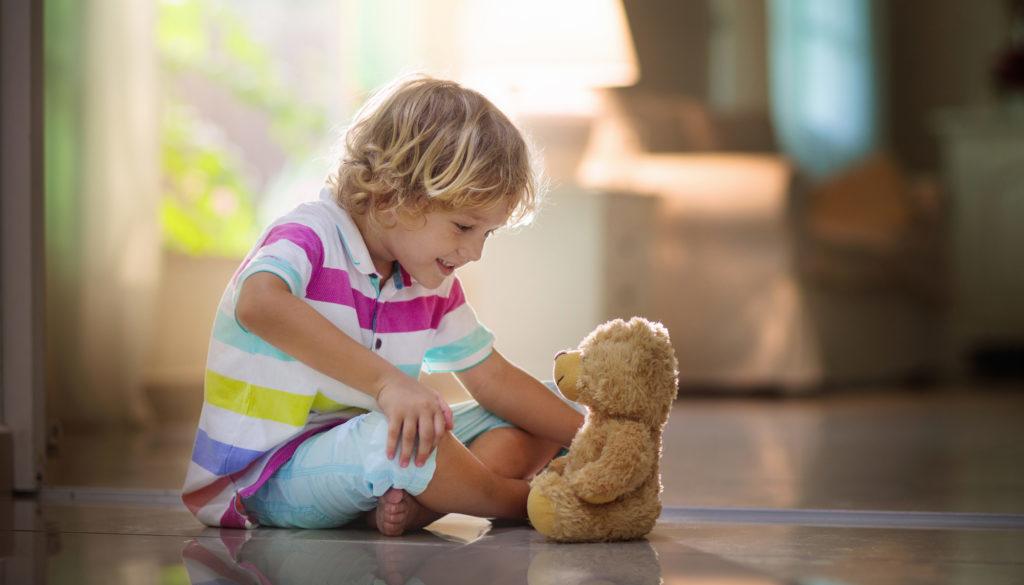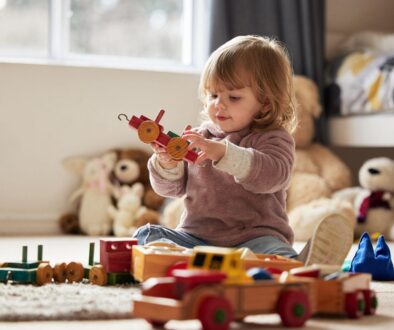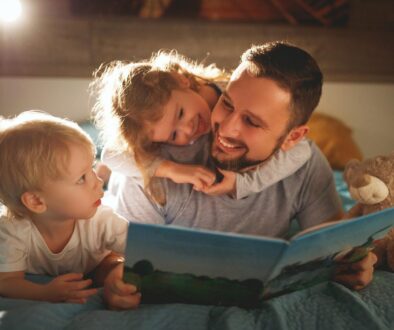6 Benefits of a ‘Lovie’ or Comfort Toy

Children’s love for comfort objects is part of the normal developmental process. Children need consistency and a sense of predictability starting early in their development. This need for predictability eventually shifts beyond just people and spaces to their favorite toys, stuffies and objects. They often attach to something early on, it then becomes a transitional object when they are separating from their caregivers, for example, when they are going to bed or daycare. From there, it very often becomes a companion: somebody to talk to, to go to sleep with, to eat with etc… Check out these 6 benefits of a comfort toy for children:
- Transitional and comfort toys help kids adjust into independent adults: A ‘lovie’ can help children navigate feelings of separation and help support them when adjusting from being with their caregiver to becoming more independent.
- A ‘lovie’ or comfort toy can help your child build confidence: A recent study found that toys often help children with building confidence. Researchers found that little ones that had an attachment item were less shy and more focused than children without them.
- Comfort toys can help your child build good relationship skills: Children who have a deep bond with their ‘lovie’ or a special toy, often have quality friendships and relationships. Children often create meaningful relationships with the objects they receive, choose, or discover and they create an internal life of their own.
- Comfort toys help children sleep better through the night: Many studies have shown that little ones who use a toy or object for comfort are more likely to sleep through the night than those who do not have a special ‘lovie’ or toy.
- Having a ‘lovie’ or comfort toy can help kids feel confident exploring their surroundings: Security blankets or toys help children explore in a safe way. Comfort toys will always also watch and listen as your child tries out new things without any judgement.
- Comfort toys help kids process their emotions: If a child loses their favorite toy they may go through a grieving process. To them it is an actual loss and results in experiencing true grief.
Caregivers often worry that an older child will still be attached to their favorite toy or need it for longer than they are comfortable with, however, children almost always transition away from needing a comfort toy as they emotionally mature. Eventually, they are going to grow out of it.
Remember that every child is unique and the age they stop using these comfort objects varies depending on the child, the family situation, the child’s temperament, and experience. For some kids, the thought of separation from something they are attached to is so traumatic that it may be less harmful to allow them to keep it until they decide they are ready to let go. Ultimately, the majority of kids will grow out of the need for their comfort object, although many may keep their special ‘lovie’ nearby in a memory box for decades.





